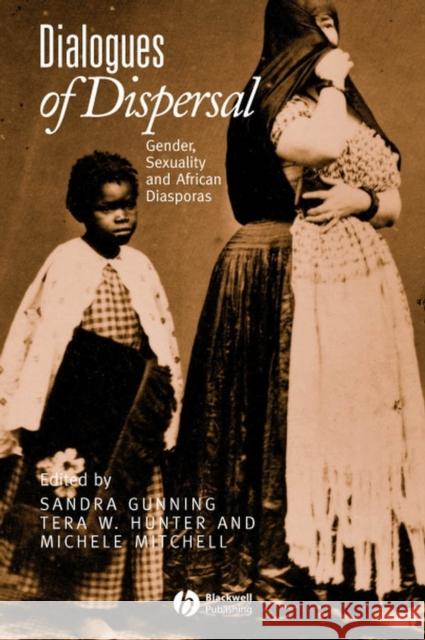Dialogues of Dispersal: Gender, Sexuality and African Diasporas » książka
topmenu
Dialogues of Dispersal: Gender, Sexuality and African Diasporas
ISBN-13: 9781405126816 / Angielski / Miękka / 2004 / 208 str.
Dialogues of Dispersal: Gender, Sexuality and African Diasporas
ISBN-13: 9781405126816 / Angielski / Miękka / 2004 / 208 str.
cena 117,05 zł
(netto: 111,48 VAT: 5%)
Najniższa cena z 30 dni: 115,62 zł
(netto: 111,48 VAT: 5%)
Najniższa cena z 30 dni: 115,62 zł
Termin realizacji zamówienia:
ok. 30 dni roboczych
Bez gwarancji dostawy przed świętami
ok. 30 dni roboczych
Bez gwarancji dostawy przed świętami
Darmowa dostawa!
From Brazil to Germany, New York to Ghana, Dialogues of Dispersal examines intersections of gender and sexuality within Afro-diasporic communities.
- Considers communities in Brazil, the Caribbean, Germany, the UK, the US and West Africa, and how they overlap.
- Contains innovative analyses of knowledge production, globalization, popular culture, identity, colonialism, maternalism, dress, and transnational networks.
- Features interdisciplinary work by both established and emerging scholars.
- Acknowledges the accomplishments and the tensions of feminist scholarship and activism.
- Encourages further research by highlighting the range of electronic research materials on African diasporas available on the Internet.











